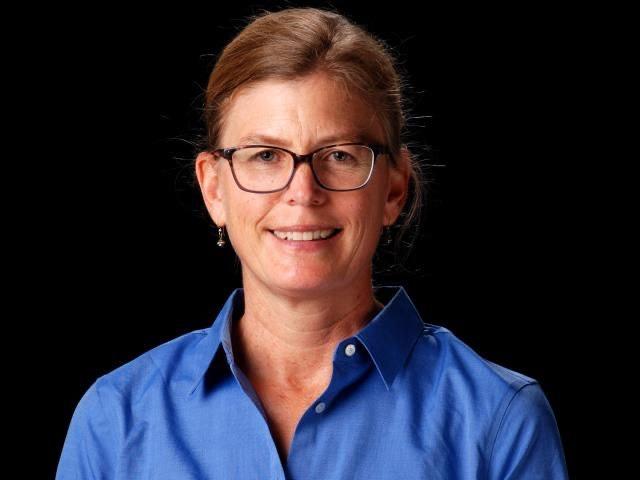CCS Art Faculty Creates New Civics Course for Spring Quarter
Professor Jane Mulfinger developed a new course, “Civics in the Time of a Pandemic,” to encourage students to finds ways to help their communities

In March, as the COVID-19 outbreak continued to worsen, Chancellor Yang made the decision to cancel in-person classes and switch to remote learning. Initially, the plan was to continue remote classes until the end of April, though this was soon extended through all of spring quarter and eventually into the summer as well. Amid this time of uncertainty, CCS Art Faculty Jane Mulfinger wanted to find ways to help. “Like everyone else when the seriousness of the outbreak became apparent, I was at times anxious, unsettled and not concentrating well. I wanted to do something but couldn’t at first figure out how and what,” explained Professor Mulfinger. “It dawned on me that many others would be feeling this way, especially students.”
This led to her developing a new course, “Civics in the Time of a Pandemic,” for spring quarter. “I proposed this course to enable others to do something significant for communities around the world, wherever students were living and learning remotely,” she explained. “We can put our heads together virtually and come up with ways to help generally.” The course is designed to encourage students to support their communities and provide them a platform to collaborate, pool their ideas, and use their expertise to identify possible actions they can take to help others in this time of adversity.
After the course was posted, there was a tremendous response from the students and the class quickly became full. Professor Mulfinger was moved by the students' interest and commitment to serve. “This generation is an honor to teach,” she said. “They are so engaged, caring, concerned for the future and wanting to participate in civic work.”
During the course, each student will devote their hours to first finding a way to be useful and then implementing that action. “Social distancing is our most important responsible act at this time,” said Professor Mulfinger. “But there are many other general things we can do.” The class is open to all majors and Professor Mulfinger wants to encourage students to think about how they can use their specific strengths to help their community. In addition, the interdisciplinary nature of the course encourages collaboration between students with various academic backgrounds. “The students are already sharing their knowledge with one another,” said Professor Mulfinger. “We are forming interest groups that can morph and change over time depending on what students want to share and work on.”
Professor Mulfinger hopes that the course will help students stay energized and empower them to help their communities, even after the class ends. As she explained, “we have a lot to do and are just getting started.”